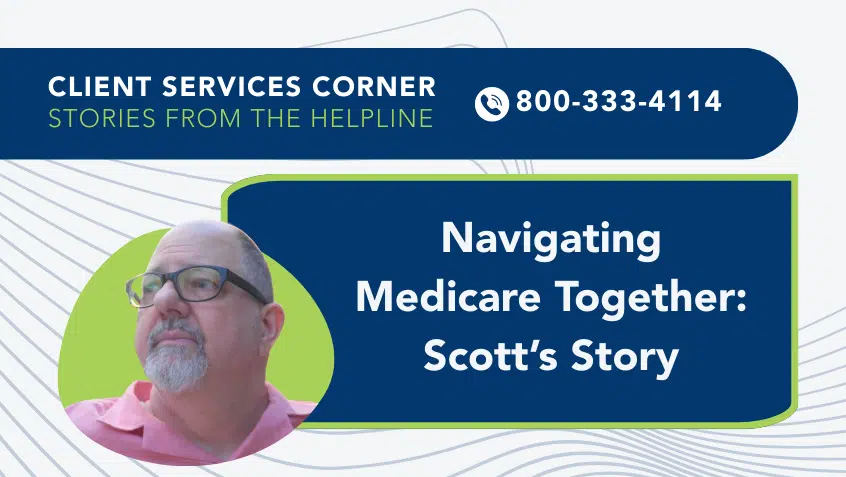Join Us Live for a Discussion on Medicare, Democracy, and the Future of Health Care
Poll Finds Many Americans Worried about Health Care Costs and Struggle to Afford Care

A recent poll and study by Gallup and West Health found that most Americans are worried about rising health care costs, and many are also concerned about bankruptcy from major health events. Older adults have somewhat more confidence about their access to quality care than younger people, but they still experience difficulty with affordability, especially when it comes to paying for prescription drugs. These findings and more are an important indicator that more must be done to bring down health care costs.
The poll of over 3,000 adults, bolstered by interviews with individual households and health care industry experts, shows widespread anxiety about the future of health care affordability in the United States. This includes fears that health care costs will have a negative impact on the U.S. economy (77%) in addition to more personal fears about the effects on household budgets and individual health. For example, 45% are concerned a major health event will leave them bankrupt.
High health care and prescription drug costs can lead to delays in care, often with serious consequences. Over one-quarter of Americans have gone without needed care in the past 12 months due to its cost. And 19% reported that they have deferred purchasing prescription drugs due to costs, even though a significant portion of these respondents have conditions they characterized as “very serious.” According to the poll, more than 13% of adults—or about 34 million people—know of at least one friend or family member who died in the past five years after not receiving needed medical treatment because they couldn’t afford it.
Older adults are less pessimistic about the health care system, but 10% of people 65 and older reported that they did not seek needed treatment in the past 12 months. This number increased for drug affordability, as 14% reported that they were unable to pay for a needed drug in the past year, with this number reaching 20% for those with household incomes under $60,000. This is significant because currently, half of all Medicare beneficiaries live on $26,200 or less per year, while one-quarter have incomes below $15,250 and less than $14,550 in savings.
At Medicare Rights, we know that Medicare improves access to high-quality care, but only if this coverage is affordable. More must be done to ensure that older adults and people with disabilities can obtain the care they need. This is especially apparent with prescription drugs where we support efforts to reduce drug prices and lower costs for people with Medicare and the program. This will improve access and adherence to prescriptions and boost the health and well-being of current and future beneficiaries.
Show Comments
We welcome thoughtful, respectful discussion on our website. To maintain a safe and constructive environment, comments that include profanity or violent, threatening language will be hidden. We may ban commentors who repeatedly cross these guidelines.
Help Us Protect & Strengthen Medicare
Donate today and make a lasting impact
More than 67 million people rely on Medicare—but many still face barriers to the care they need. With your support, we provide free, unbiased help to people navigating Medicare and work across the country with federal and state advocates to protect Medicare’s future and address the needs of those it serves.
The Latest
Most Read
Add Medicare to Your Inbox
Sign up to receive Medicare news, policy developments, and other useful updates from the Medicare Rights.
View this profile on InstagramMedicare Rights Center (@medicarerights) • Instagram photos and videos









